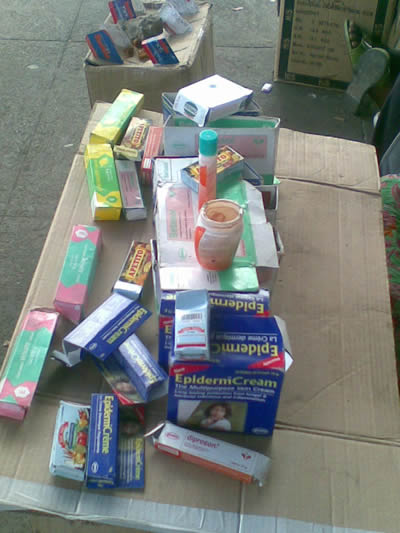Noviolet Bulawayo Shortlisted for the Caine Prize
Monday, May 16th, 2011 by Upenyu Makoni-MuchemwaIt’s always a moment of pride when I find a Zimbabwean author mentioned in the international media. What is largely published about Zimbabwe does a disservice to our country and us. Ours is not a single story. It is always a particularly proud moment when I find that the author is also a woman. The shortlist for the Twelfth Caine Prize for African Writing was announced recently and Zimbabwean author Noviolet Bulawayo has been shortlisted for her story Hitting Budapest.
Of course the most internationally recognizable Zimbabwean women writers are Tsitsi Dangarembga, Yvonne Vera and more recently Petina Gappah. In an interview with Mazwi literary journal Noviolet discusses why there are only a handful of Zimbabwean women writers:
Of course there are a host of reasons, but I think it also speaks to the trying circumstances of African women, not just Zimbabwean women by the way, as the group that comes last in everything and writing is no exception. Of cause this is compounded by the politics of the publishing industry. Still, I believe Zimbabwean women have compelling stories and those who are writing are doing a good job representing, and I’d like to especially thank those who are writing from Zimbabwe, the little known and unknown ones. To me those are the bad-ass writers, imagine knowing you will never be read beyond your borders, never be an international star but still writing all the same! That’s writing as speaking, as insisting on one’s presence and I think that’s deep.










